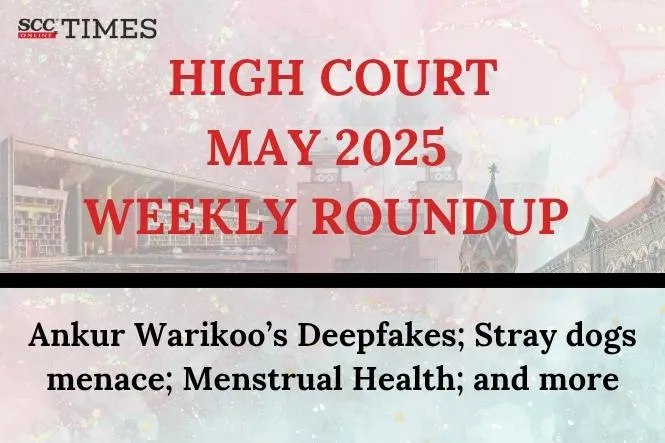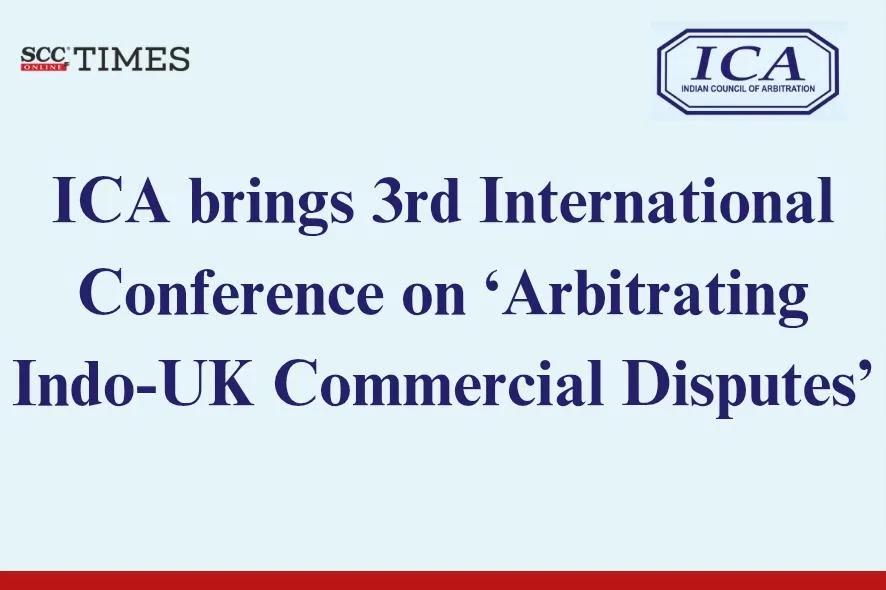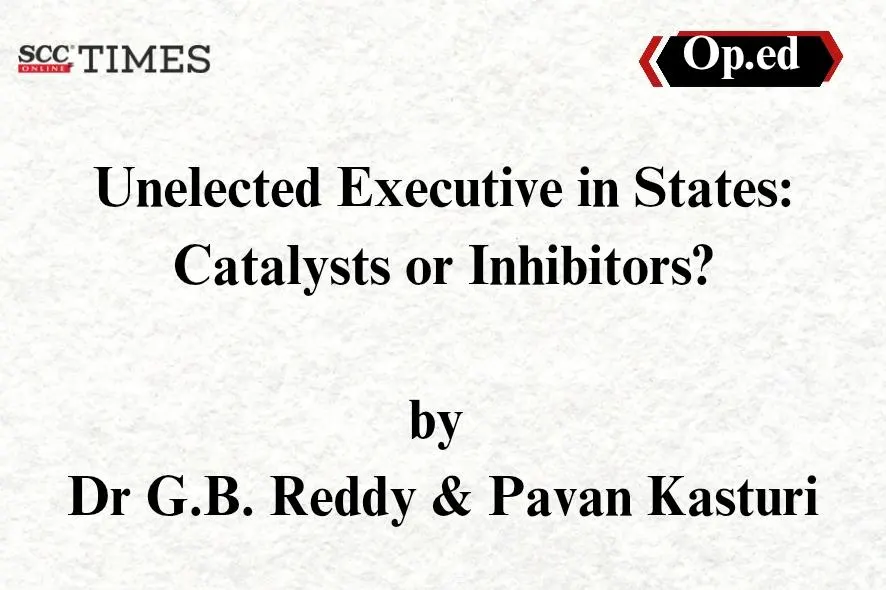Supreme Court: In a case where the Madras High Court dismissed a writ petition without deciding the validity of Section 40(a)(iib) of the Income Tax Act on the ground that the matter is still sub judice before the Income Tax Authority, the 3-judge bench of Ashok Bhushan, R. Subhash Reddy and MR Shah*, JJ has held
“When the vires of Section 40(a)(iib) of the Income Tax Act were challenged, which can be decided by the High Court alone in exercise of powers under Article 226 of the Constitution of India, the High Court ought to have decided the issue with regard to vires of Section 40(a)(iib) on merits, irrespective of the fact whether the matter was sub judice before the Income Tax Authority. Vires of a relevant provision goes to the root of the matter.”
Background
In the present case, a show cause notice was issued for the Assessment Year 2017-stating that the VAT expense levied on the appellant is an exclusive levy by the State Government and therefore squarely covered by Section 40(a)(iib) of the Income Tax Act and therefore VAT expenditure is not allowable as deduction in accordance with Section 40(a)(iib) of the Income Tax Act, while computing the income of the appellant.
The appellant had argued that the amount which is deductible in computing the income chargeable in terms of the Income Tax Act is not being allowed under the garb of the aforesaid provision and that
“ (…) the said provision is discriminatory and violative of Article 14 of the Constitution of India, inasmuch as there are many Central Government undertakings which have not been subjected to any such computation of income tax and are enjoying exemption.”
The High Court dismissed the said writ petition without deciding the validity of Section 40(a)(iib) of the Income Tax Act by observing that the issue of raising a challenge to the vires of the provision at this stage need not be entertained as the matter is still sub judice before the Income Tax Authority, even though it is open to the aggrieved party to question the same at the appropriate moment.
What the Supreme Court Said
Once the show cause notice was issued by the assessing officer calling upon the appellant – assessee to show cause why the VAT expenditure is not allowable as deduction in accordance with Section 40(a)(iib) of the Income Tax Act, while computing the income of the appellant, it can be said that the cause of action has arisen for the appellant to challenge the vires of Section 40(a)(iib) of the Income Tax Act and the appellant may not have to wait till the assessment proceedings before the Income Tax Authority are finalised.
“The stage at which the appellant approached the High Court and challenged the vires of Section 40(a)(iib) of the Income Tax Act can be said to be an appropriate moment.”
Therefore, it was held that the High Court ought to have decided the issue with respect to the challenge to the vires of Section 40(a)(iib) of the Income Tax Act on merit and has failed to exercise the powers vested in it under Article 226 of the Constitution of India by not doing so.
The Court, hence, without expressing any opinion on merits with respect to legality and validity of Section 40(a)(iib) of the Income Tax Act, remanded matter to the High Court.
[Tamil Nadu State Marketing Corporation v. Union of India, 2020 SCC OnLine SC 953, decided on 25.11.2020]
*Justice MR Shah has penned this judgment
For appellant: Senior Advocate Rakesh Dwivedi
For Union of India: Additional Solicitor General K.M. Natraj











